QuantWare has delivered its 64-qubit Tenor to the University of Naples Federico II, enabling Italy’s largest quantum computer.
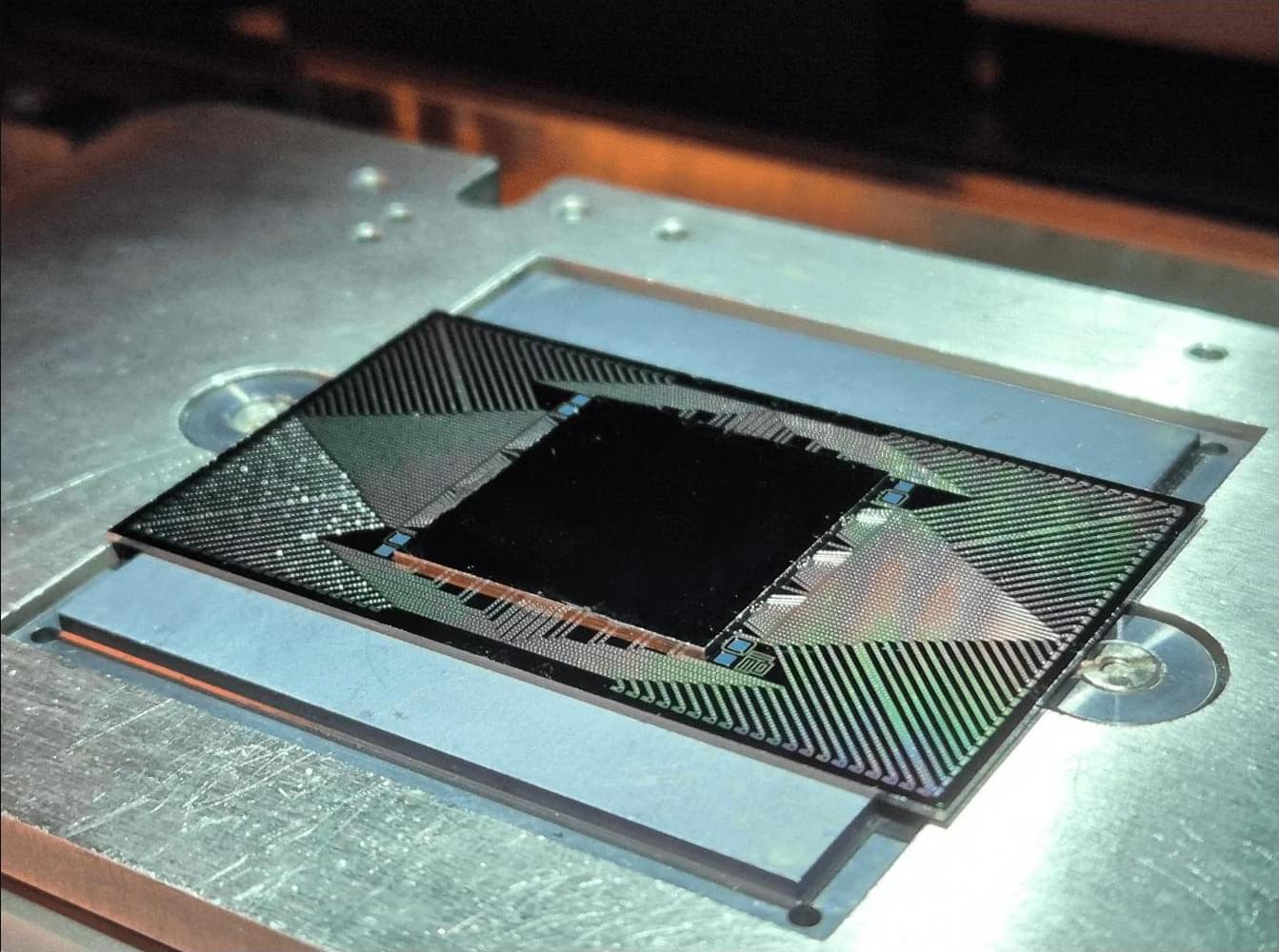

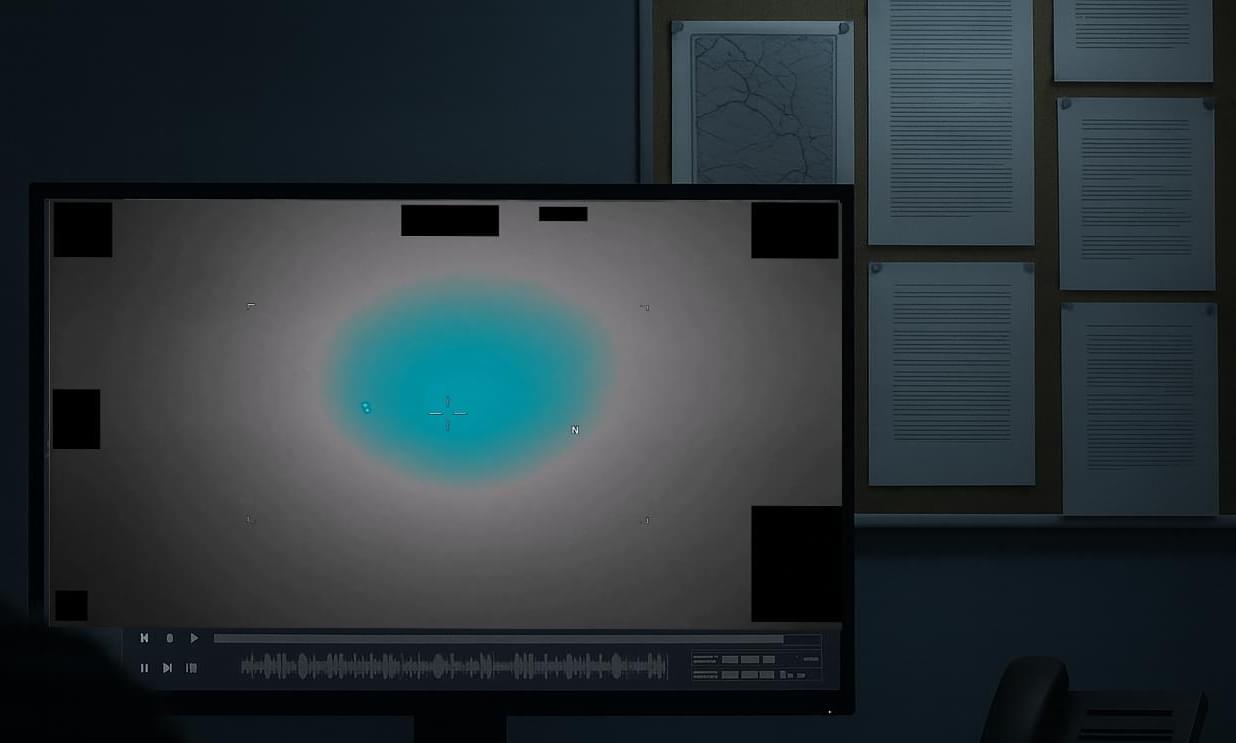
The Department of Defense (DoD) has denied a Freedom of Information Act (FOIA) request seeking records connected to the review, redaction, and release of a UAP video published by the All-domain Anomaly Resolution Office (AARO) earlier this year.
The request, filed May 19, 2025, sought internal communications, review logs, classification guidance, legal opinions, and technical documentation tied to the public posting of the video titled “Middle East 2024.” The video, showing more than six minutes of infrared footage from a U.S. military platform, was released in May 2025 and remains unresolved by AARO.
Video Player
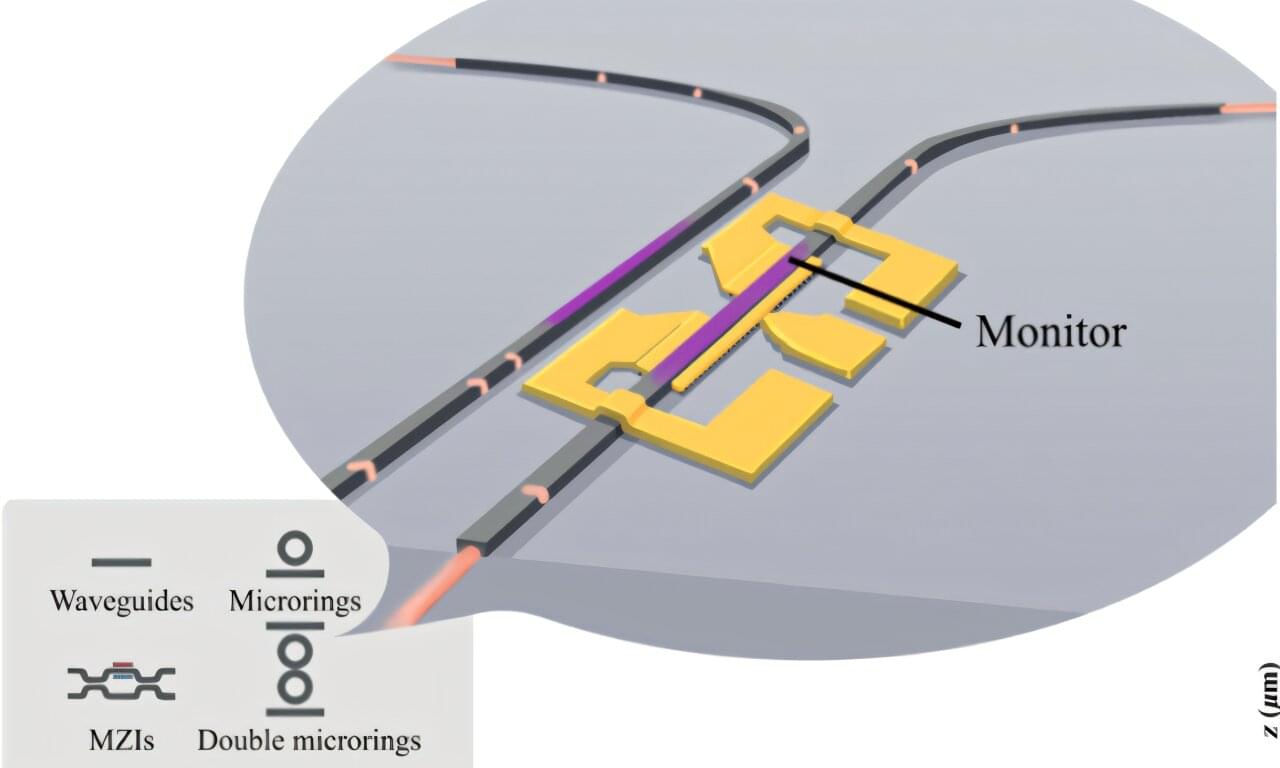
Programmable photonics devices, which use light to perform complex computations, are emerging as a key area in integrated photonics research. Unlike conventional electronics that transmit signals with electrons, these systems use photons, offering faster processing speeds, higher bandwidths, and greater energy efficiency. These advantages make programmable photonics well-suited for demanding tasks like real-time deep learning and data-intensive computing.
A major challenge, however, lies in the use of power monitors. These sensors must constantly track the optical signal’s strength and provide the necessary feedback for tuning the chip’s components as required. However, existing on-chip photodetectors designed for this purpose face a fundamental tradeoff. They either have to absorb a significant amount of the optical signal to achieve a strong reading, which degrades the signal’s quality, or they lack the sensitivity to operate at the low power levels required without needing additional amplifiers.
As reported in Advanced Photonics, Yue Niu and Andrew W. Poon from The Hong Kong University of Science and Technology have addressed this challenge by developing a germanium-implanted silicon waveguide photodiode. Their approach overcomes the tradeoffs that have hindered existing on-chip power monitoring technologies.
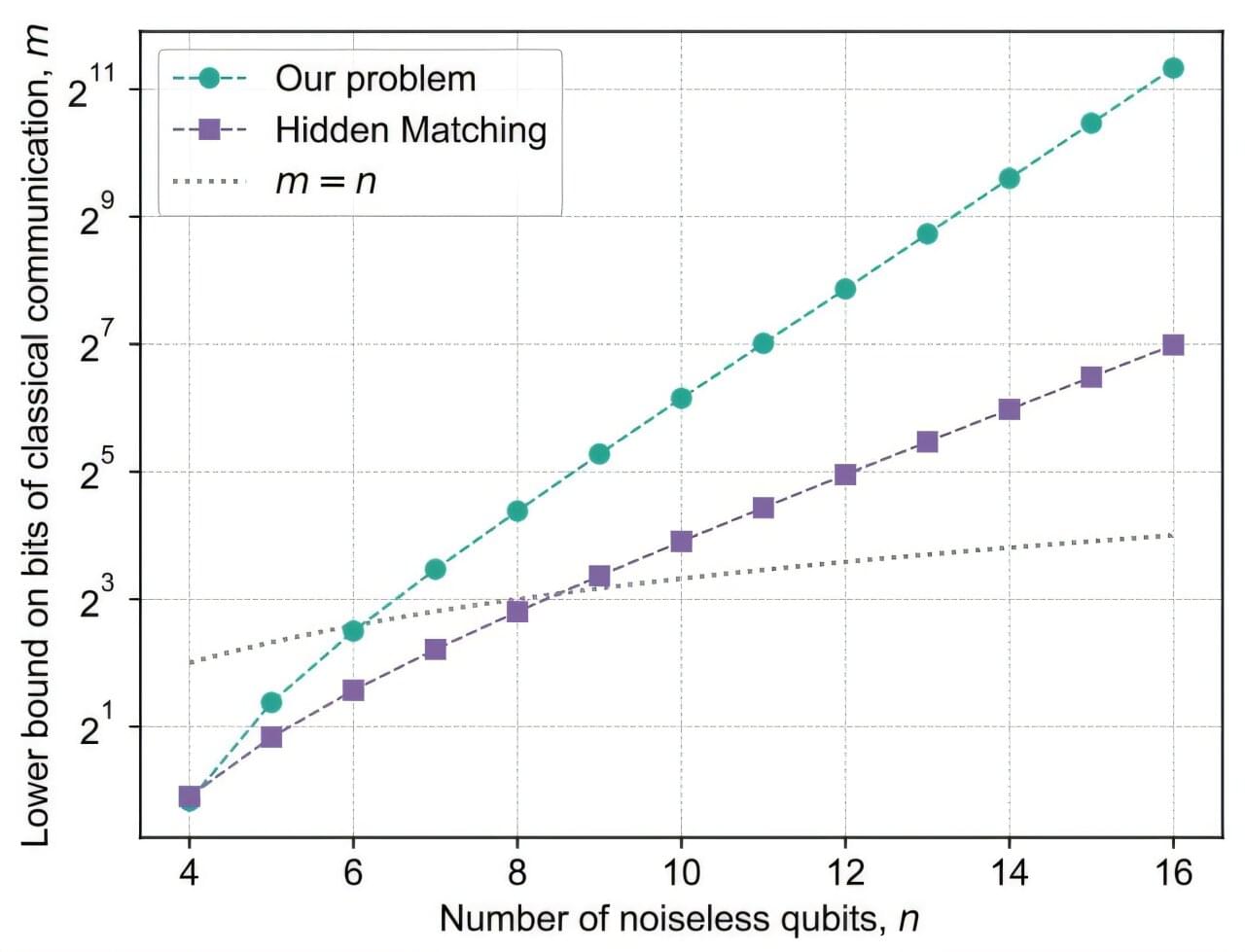
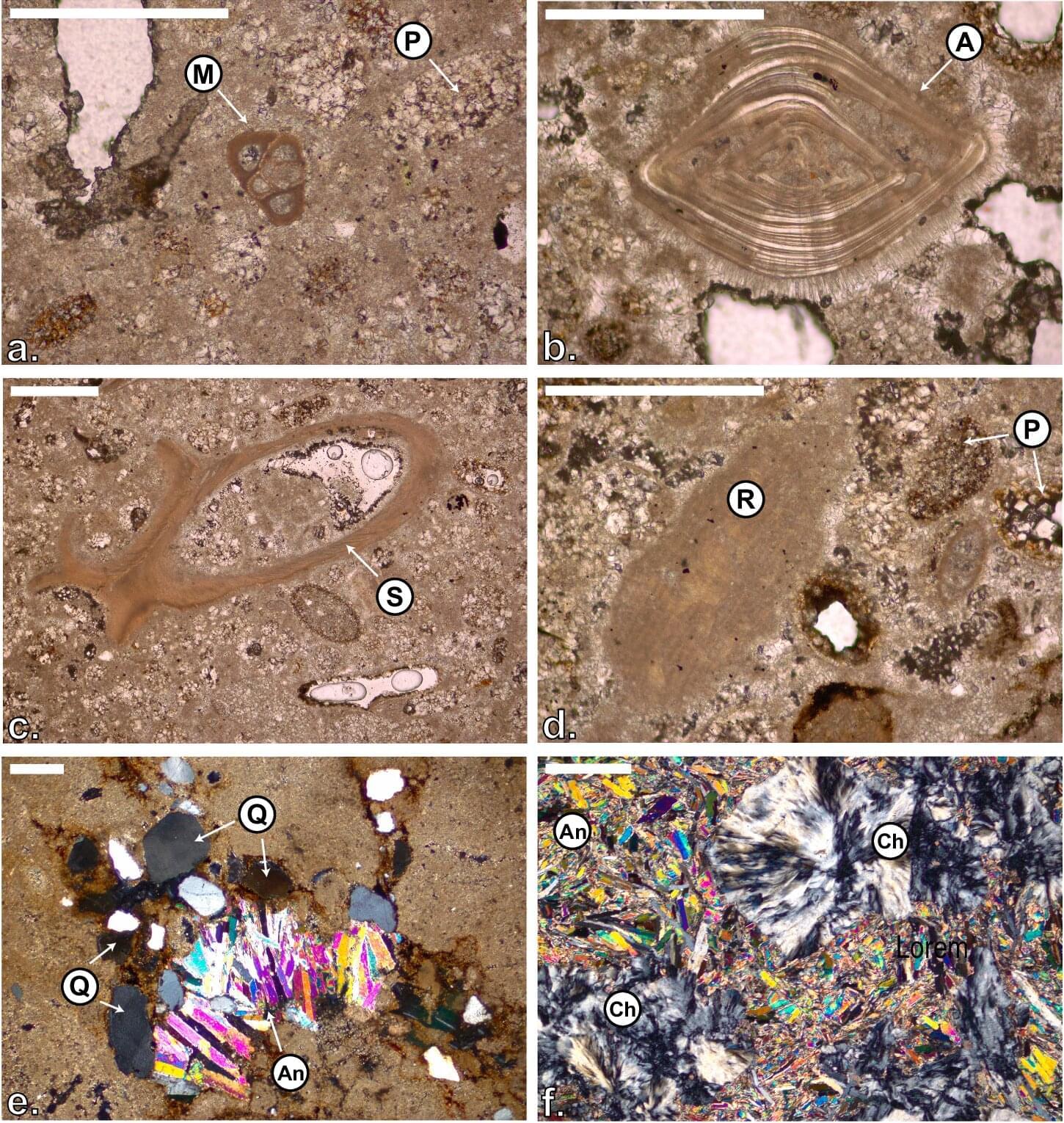
Scientists at King Abdullah University of Science and Technology (KAUST) have provided conclusive evidence that the Red Sea completely dried out about 6.2 million years ago, before being suddenly refilled by a catastrophic flood from the Indian Ocean. The findings put a definitive time on a dramatic event that changed the Red Sea.
Using seismic imaging, microfossil evidence, and geochemical dating techniques, the KAUST researchers showed that a massive change happened in about 100,000 years—a blink of an eye for a major geological event. The Red Sea went from connecting with the Mediterranean Sea to an empty, salt-filled basin. Then, a massive flood burst through volcanic barriers to open the Bab el-Mandab strait and reconnect the Red Sea with the world’s oceans.
The work is published in the journal Communications Earth & Environment.
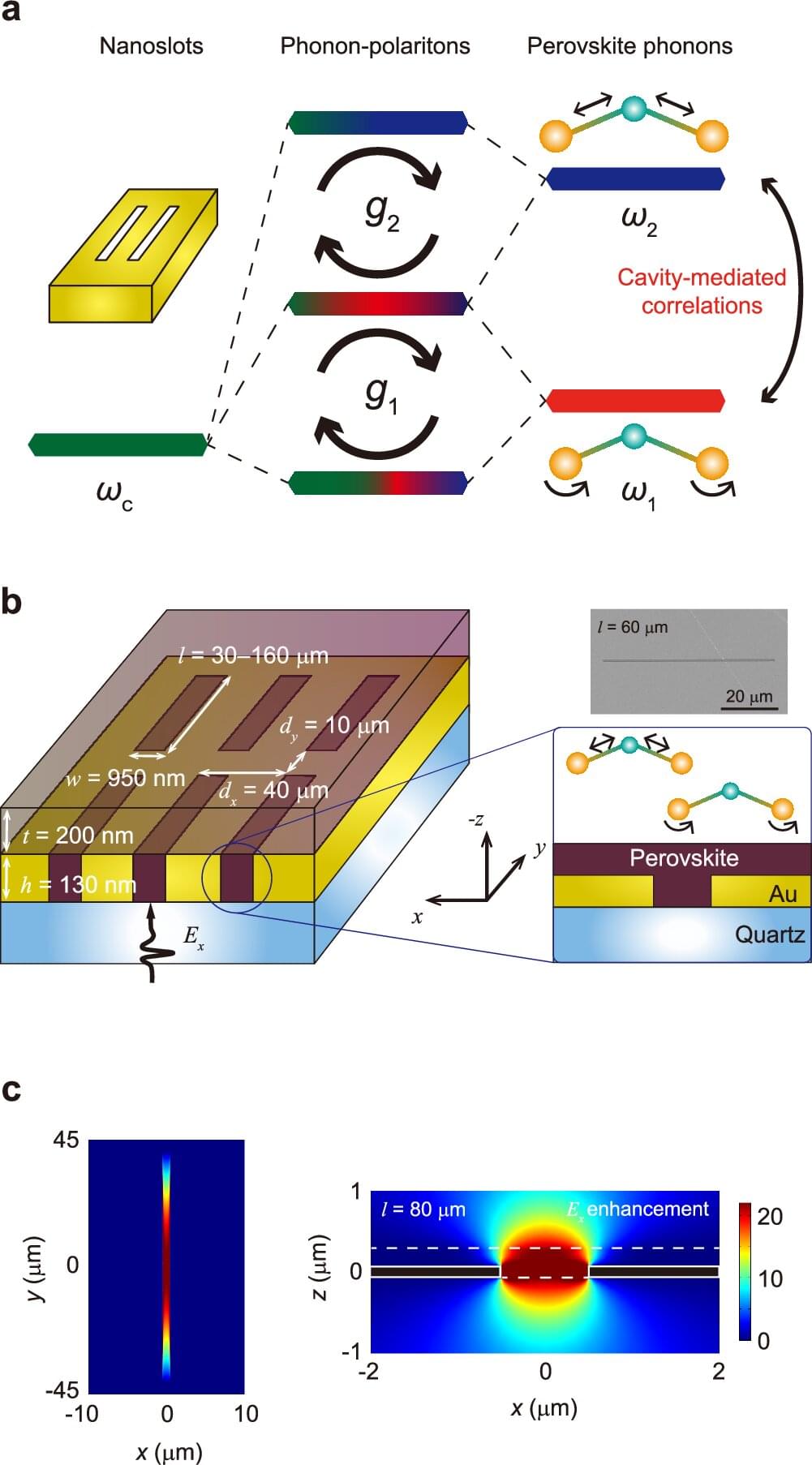
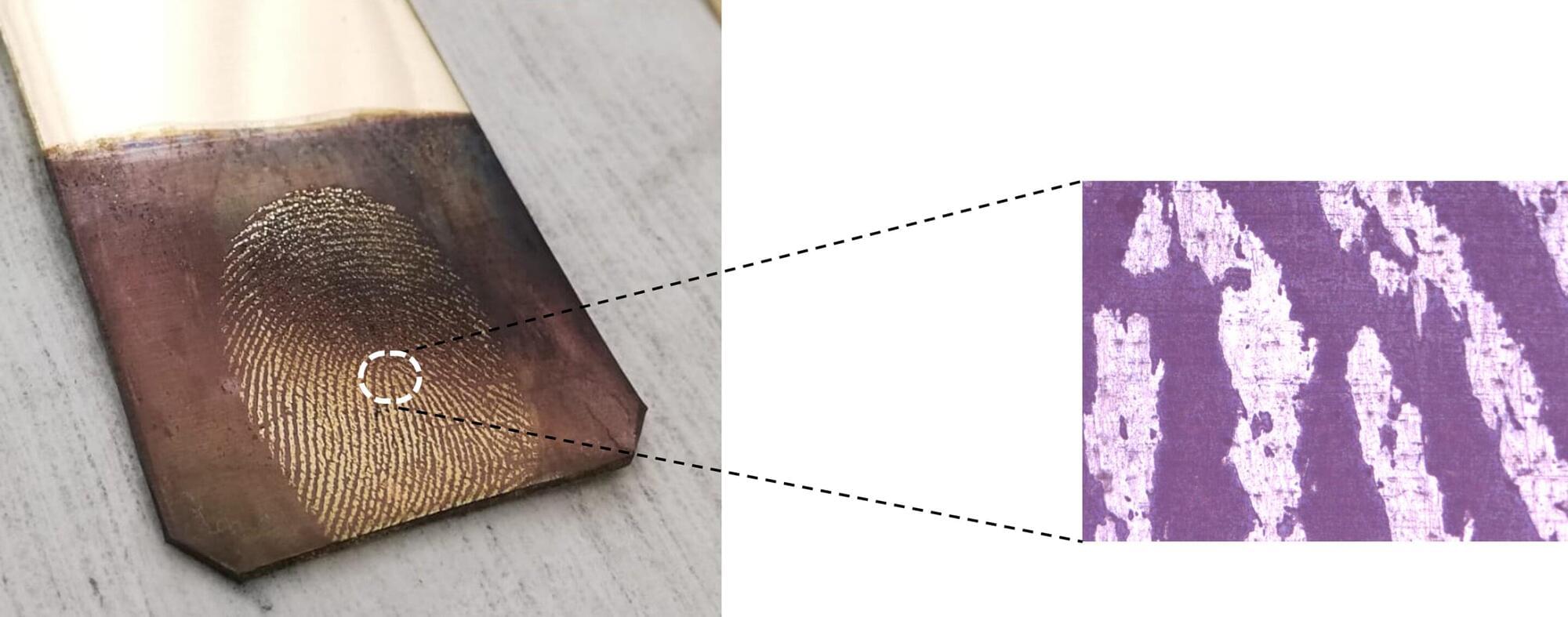
A pioneering new test that can recover fingerprints from ammunition casing, once thought nearly impossible, has been developed by two Irish scientists.
Dr. Eithne Dempsey, and her recent Ph.D. student Dr. Colm McKeever, of the Department of Chemistry in Ireland’s Maynooth University have developed a unique electrochemical method which can visualize fingerprints on brass casings, even after they have been exposed to the high temperature conditions experienced during gunfire. The study is published in the journal Forensic Chemistry.
For decades, investigators have struggled to recover fingerprints from weapons because any biological trace is usually destroyed by the high temperatures, friction and gas released after a gun is fired. As a result, criminals often abandon their weapons or casings at crime scenes, confident that they leave no fingerprint evidence behind.
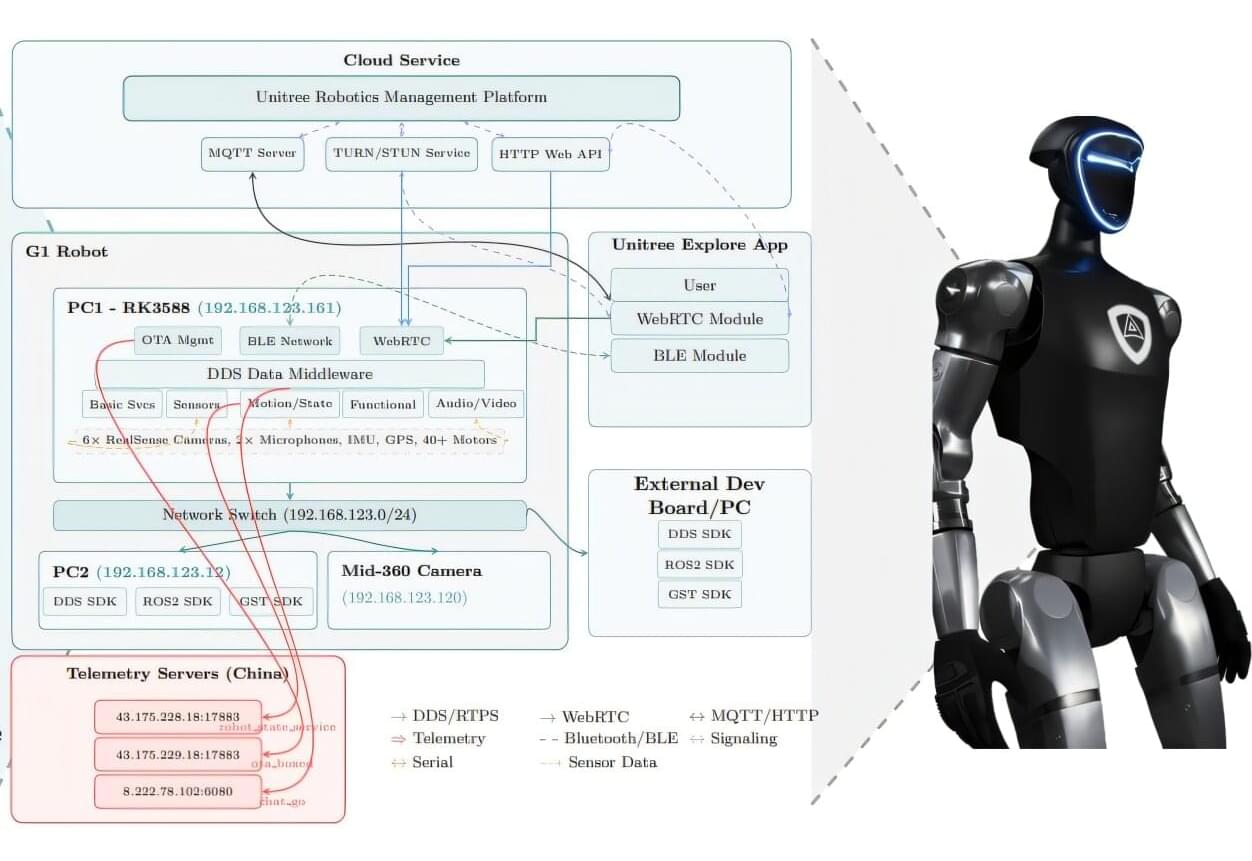
Researchers have uncovered serious security flaws with the Unitree G1 humanoid robot, a machine that is already being used in laboratories and some police departments. They discovered that G1 can be used for covert surveillance and could potentially launch a full-scale cyberattack on networks.
It sounds like the stuff of science fiction nightmares, robots that are secretly spying on you and could be controlled by remote hackers. However, the concern is real, as these types of robots are becoming increasingly common in homes, businesses, critical infrastructure and public spaces.
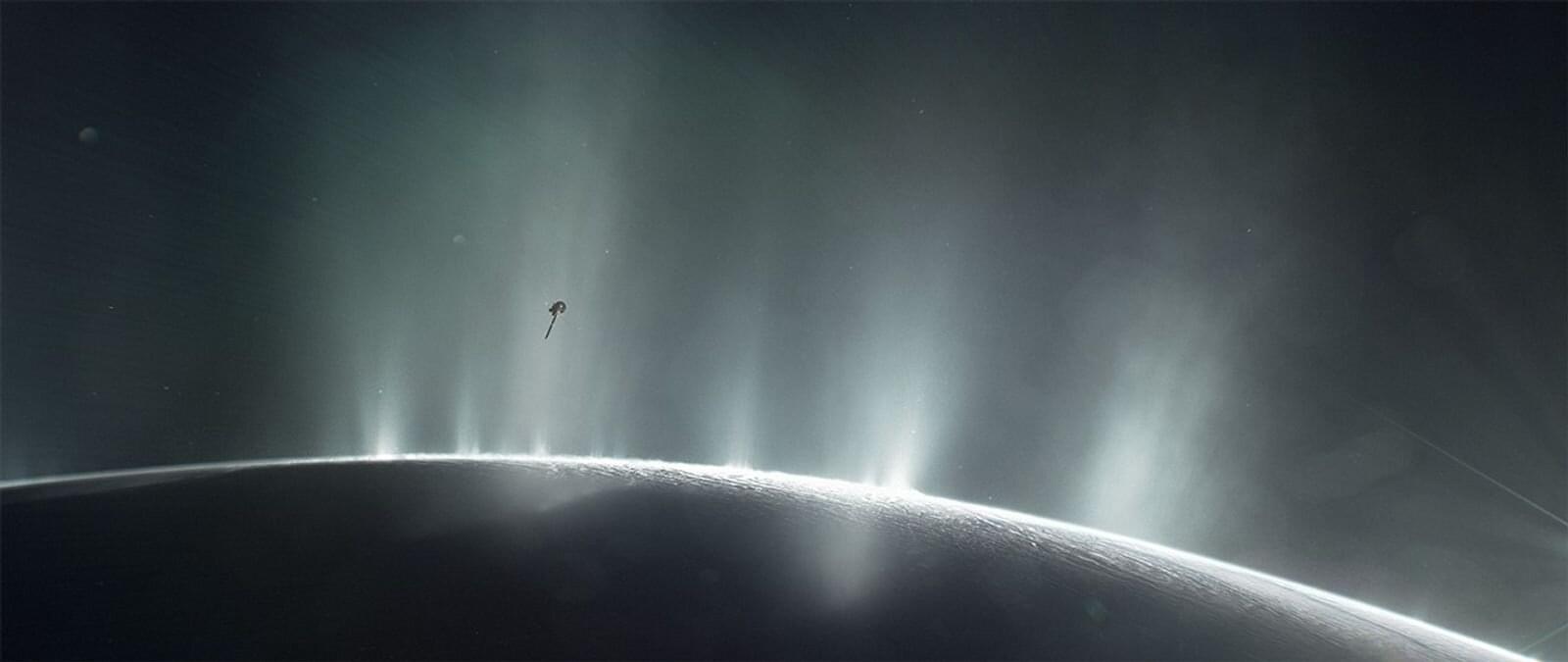
In the 17th century, astronomers Christiaan Huygens and Giovanni Cassini trained their telescopes on Saturn and uncovered a startling truth: the planet’s luminous bands were not solid appendages, but vast, separate rings composed of countless nested arcs.
Centuries later, NASA’s Cassini–Huygens (Cassini) probe carried the exploration of Saturn even further. Beginning in 2005, it sent back a stream of spectacular images that transformed scientists’ understanding of the system. Among its most dramatic revelations were the towering geysers on Saturn’s icy moon Enceladus, which blasted debris into space and left behind a faint sub-ring encircling the planet.
New supercomputer simulations from the Texas Advanced Computing Center (TACC) based on the Cassini space probe’s data have found improved estimates of ice mass Enceladus is losing to space. These findings help with understanding and future robotic exploration of what’s below the surface of the icy moon, which might harbor life.
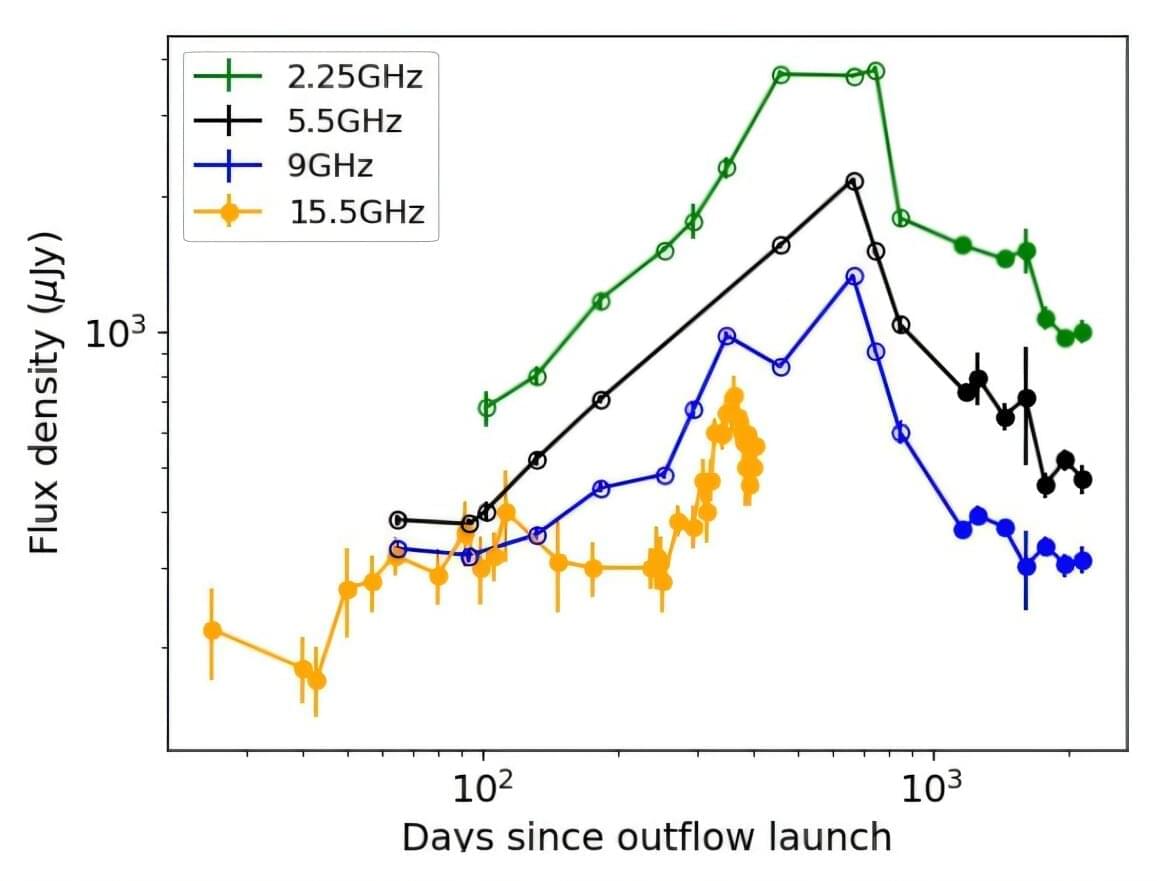
Astronomers from Curtin University in Australia and elsewhere have performed radio observations of a tidal disruption event known as AT2019azh. Results of the new study, published September 22 on the arXiv preprint server, provide crucial information regarding the evolution of this event.
Tidal disruption events (TDEs) are phenomena that occur when a star passes close enough to a supermassive black hole (SMBH) and is destroyed by the black hole’s tidal forces. As a result, around half of the stellar debris is unbound from the system, while the rest of the material remains bound, producing a luminous flare as it accretes onto the SMBH.
AT2019azh is a TDE at a redshift of 0.022, detected in 2019 in the galaxy KUG 0180+227. It showcases persistent blue colors, has a high blackbody temperature, and previous observations have reported a lack of spectroscopic features associated with a supernova or an active galactic nucleus (AGN), which confirmed its TDE nature.